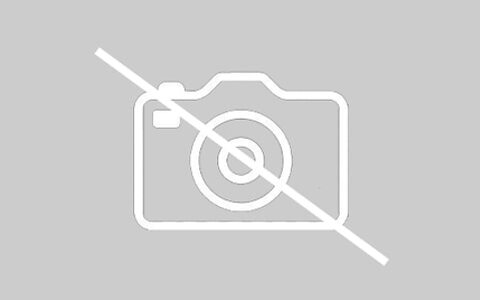
The Truth About Demos, Part 2
Last month Big George looked at what demos actually are. This month he tells you how to prepare for recording one and avoid wasting lots of time, tape, and money.
To find the exact phrase, put the words in quotes or join them together with a plus sign e.g. live+recording or "live recording".
To find, say, all live recording articles that mention Avid, enter: live+recording +avid - and use sidebar filters to narrow down searches further.

Last month Big George looked at what demos actually are. This month he tells you how to prepare for recording one and avoid wasting lots of time, tape, and money.

Paul White discovers that it is possible for a compact monitor to deliver a sound that is both accurate and tonally well-balanced.

Updating software ought to be a simpler matter, but often things don't go according to plan. Martin Walker catalogues a selection of problem areas.

Hugh Robjohns continues his look at the techniques and technology of digital audio. This month — quantising and oversampling.

Many PC owners still seem to have trouble trying MIDI and audio together, and timing remains the main problem area. Martin Walker attempts to pull all the strands together.

Setting up MIDI gear for the best audio quality is a very similar process to setting up your mixer, and you can often reduce noise levels significantly. Martin Walker provides some quick and easy ways to minimise hiss and hum from MIDI gear.

A dedicated American music professor currently provides one of the very few serious scoring programs for the ST as $20 shareware. Derek Johnson checks it out, and also discovers a neat utility that could make life easier for Akai sampler users...

Paul White delivers a crash course in instant mixing.

Mastering is the final link in your sonic chain. David Mellor helps you make sure it's not the weak one...

Many mic preamps are marketed on the strength of the sound they claim to impart to your recordings, but the Event EMP1 is designed to sit as unobtrusively in your signal path as possible, amplifying quietly to itself. Hugh Robjohns investigates...

Having whetted his appetite for MacOS-based software synthsis last issue, this month Martin Russ takes a closer look...

Paul White clocks on for a shift in Focusrite's Tone Factory, the first of the company's new low-cost Platinum range of processors, and discovers the anarchic side of Focusrite.

A quality acoustic piano sound in a 1U rack-mounting package? Paul Ward lifts the lid to see if there are any strings attached...

A few famous names have been co-opted by Korg to contribute to their first extra sound set for the Z1 physical modelling synth. Derek Johnson lends an ear.

Though the FD4 doesn't have a built-in recording drive, it records to a choise of popular types, costs less than £400, and has been designed to be almost as easy to use as a cassette multitracker. David Mellor goes back to basics...

Line 6 claim to have put physical modelling technology into a combo amplifier that any guitarist will feel immediately at home with. Paul White puts their claims to the test.

Paul Wiffen continues to examine transitional synthesis, covering the Wave Sequencing facility, first introduced on the innovative Korg Wavestation, and concluding with Emu's Z-plane technique, which may be regarded as bridging the gap between S&S and today's physical modelling.

Though this Charisma has only two channels instead of eight, it's lost none of the original charm.

While this outboard EQ provides little more than a decent desk EQ in the way of facilities, it does have that distinctive vintage JoeMeek sound at a price that won't break the bank.

Simon Trask previews the Supernova, Novation's most ambitious synthesizer module to date.